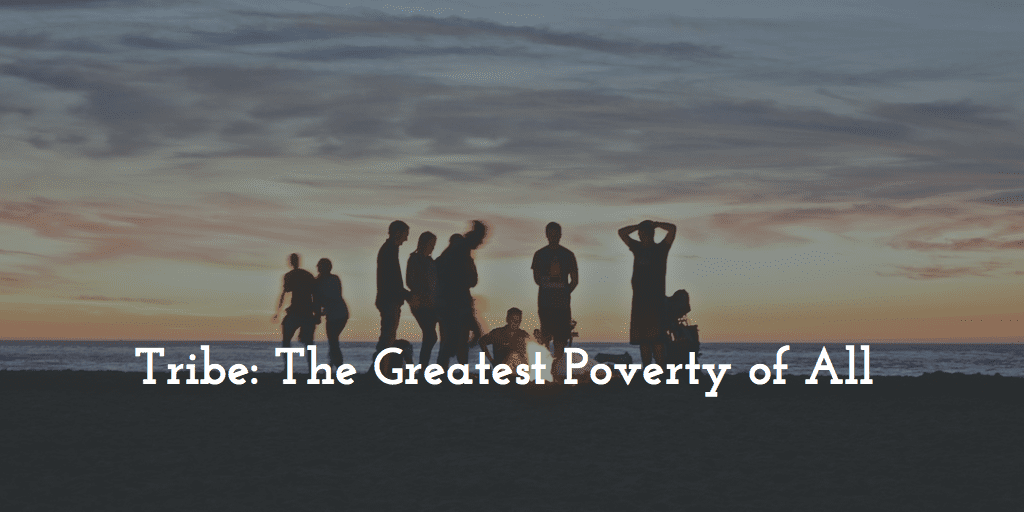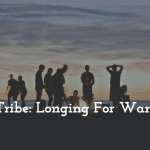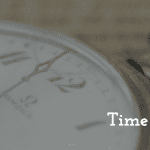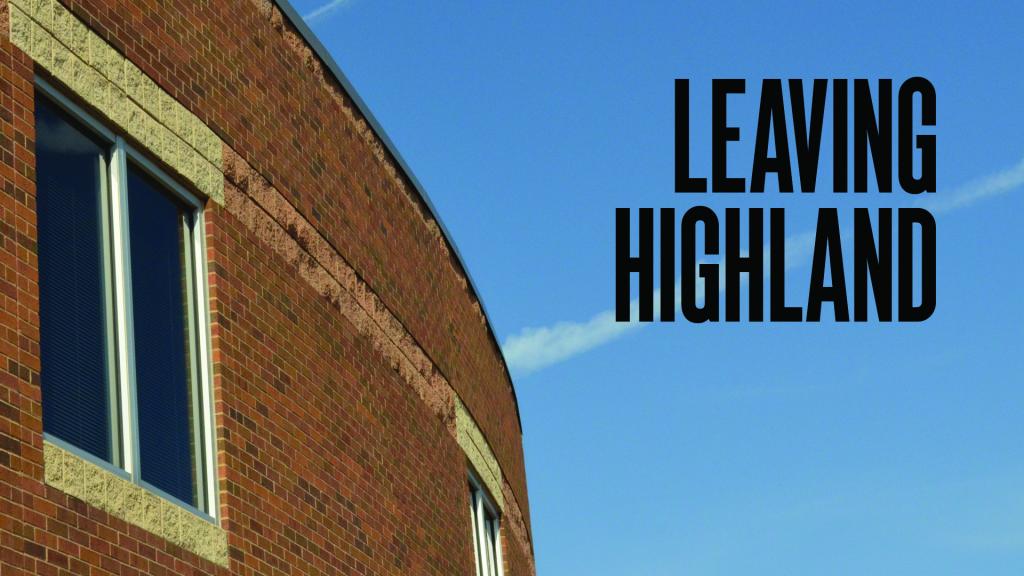 A few weeks ago the New York Times ran an op-ed piece on the new epidemic that Western society is slowly beginning to become aware of. It kills more people than obesity (and some of the stats I’ve read suggest is even more deadly than smoking). It’s what Mother Teresa once called the greatest poverty of all, and the Western world is drowning in it.
A few weeks ago the New York Times ran an op-ed piece on the new epidemic that Western society is slowly beginning to become aware of. It kills more people than obesity (and some of the stats I’ve read suggest is even more deadly than smoking). It’s what Mother Teresa once called the greatest poverty of all, and the Western world is drowning in it.
Loneliness.
In the Times article, the author Katie Hafner begins by recounting a small but tragic story about a phone call between a 81 year old woman named Beryl and a woman working for the Silver Line Helpline, a non-profit call center that exists just to help elderly people in London fill the basic need of human contact.
The phone call began cheery enough, with Beryl telling the worker named Allison that she had just had a birthday last weekend.
“Who did you celebrate with Beryl?”
“No one.”
And that, the article said, was when the conversation turned toward despair.
Can I tell you that this is what keeps me up at night? The way we treat our elderly citizens I think is the most damning part of our modern society. As a pastor, it haunts me that there are so many people in our church who served and gave and sacrificed to their community with their lives, but now with the tremendous culture changes over the past few decades they are largely marginalized and ignored.
I think it’s fascinating that for all our progress and desire for inclusion, the people who are, in my opinion, in some of the highest at-risk categories for suicide, depression and despair are mostly not even thought of when it comes to creating a society of justice and equality.
So for the past few days, I’ve been reviewing the New York Times bestselling book Tribe by Sebastian Junger. It’s a fascinating and somewhat controversial book talking about why Western society version of “the good life” really isn’t that…well, good.
To that end, Junger gives dozens of examples and interesting stories about people choosing against affluence and freedom to be a part of a community of people and a cause larger than themselves. And the more I read this book, the more I thought about the church I grew up in.
I’ve written many times before about the tiny ten person church that I grew up in, and I don’t want to romanticize it, because it was hard, like living in any community is, but whenever I think of church, I always think back to those people. I buried them, preached their funerals, they took out loans for me to go to college, we ate hundreds of meals together.
They were my tribe.
Junger opens his book with a provocative statement that I happen to agree wholeheartedly with on the importance of community:
This book is about why that sentiment [of deep community] is such a rare and precious thing in modern society, and how the lack of it has affected us all. It’s about what we can learn from tribal societies about loyalty and belonging and the eternal human quest for meaning. It’s about why—for many people—war feels better than peace and hardship can turn out to be a great blessing and disasters are sometimes remembered more fondly than weddings or tropical vacations. Humans don’t mind hardship, in fact they thrive on it; what they mind is not feeling necessary. Modern society has perfected the art of making people not feel necessary. It’s time for that to end.
That paragraph, in the first few pages was what caused me to buy the book.
We have created a virtual paradise in the West, we have everything that you could want (providing that you are rich enough to afford the latest mind-numbing gadgets) and we are slowly drifting away from each other.
We are comfortable, we are well fed, we are always entertained and we are inflicted with the worst poverty of all.
Enchanted by each new piece of specialized technology that tailors to our individual preferences and whims, we are falling away from each other without even noticing. This, Junger says, is why soldiers come back home after war, and miss it. Yes, there’s technology there, but there’s a shared communal life and mission.
It’s why our elderly are more miserable now than ever. Societies have always paid special attention to the wisdom gained from decades of accumulated life experiences, but now we tuck our wisest people in society away.
Now for the first time in human history, our senior citizens feel not necessary.
But it’s not just them, it’s really all of us, we are making each other feel not necessary.
And like Junger says, It’s time for that to end.
I happen to agree.










